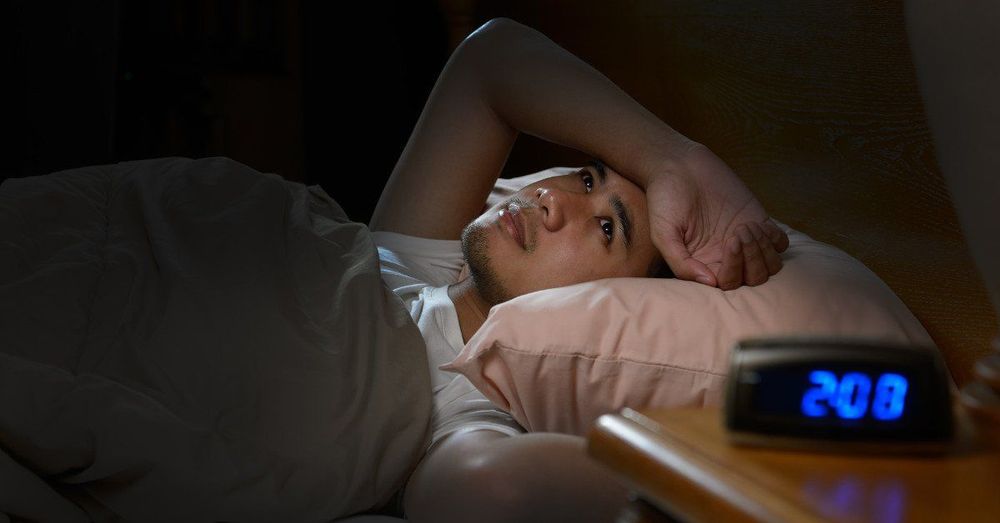This is an automatically translated article.
Posted by Master, Doctor Mai Vien Phuong - Department of Examination & Internal Medicine - Vinmec Central Park International General Hospital
Wouldn't it be easy if you could blame your chronic constipation for a reason? While that usually doesn't happen, your abnormality could be due to one or more causes. The article below explores what your gut might be trying to tell you and what you can do about it.
1. Lifestyle and diet can cause constipation
If you are constipated , your gut may be in marked disagreement with your lifestyle. Poor diet and lack of physical activity are the most common causes of constipation, so you should rule these out before considering other causes.
Here are some dietary and lifestyle factors that can make you constipated:
A diet high in meat and dairy products A diet high in processed foods, high in fat and sugar Lack of fiber-rich foods Not enough water and other fluids Too much alcohol or caffeine Lack of exercise Ignoring the urge to use the bathroom Make a few changes to your lifestyle friends and see if they lead to any positive changes in the gut. Example:
Include more fiber-rich foods in your meals: Fruits, vegetables, whole grains. Take a fiber supplement along with a tall glass of water each day. Do some form of physical activity for 30 minutes a day, even if it's just a long walk. Use the bathroom as soon as you need it. Avoid alcohol and caffeine.

2. What should you do if you have made changes to your diet and lifestyle but still no relief?
Perhaps you have changed your diet and lifestyle but still no relief. At this point, you should see your doctor to see if your gut symptoms are something else going on in your body.
While having chronic constipation doesn't necessarily mean you also have one of these conditions, it's a good idea to have some additional diagnostic tests just to check.
This is especially true if you are having other symptoms such as fatigue, hair loss, stomach cramps, weight changes or vision problems.
3. Chronic constipation can be a sign of diseases
Underactive thyroid (hypothyroidism)
When your thyroid, a small gland near the front of your neck, doesn't produce enough hormone, it can have a dramatic impact on your metabolism. The sluggish metabolism results in the entire digestion being slowed down, which leads to constipation.
Symptoms of hypothyroidism usually develop slowly over time. In addition to constipation, if you have an underactive thyroid, you may also experience:
Fatigue Increased sensitivity to cold Dry skin Weight gain Irregular periods if you are a woman Thin hair Brittle nails Mental decline remember A puffy face A blood test called a thyroid function test can help evaluate the function of the thyroid gland. If you are found to have hypothyroidism, your doctor will likely need to run more tests. Hypothyroidism can be caused by other conditions, including:
An autoimmune disease of the thyroid gland called Hashimoto's thyroiditis Radiation therapy Congenital disease Pituitary disorder Pregnancy Iodine deficiency Certain medications, such as: lithium Cancer Thyroid surgery Hypothyroidism can be successfully treated with a synthetic thyroid hormone called levothyroxine (Levothroid, Unithroid).

Diabetes
Like hypothyroidism, diabetes is also a hormonal problem. In diabetes, your body stops producing enough of the hormone insulin so that it can no longer break down blood sugar.
High blood sugar levels in type 1 and 2 diabetes can lead to diabetic neuropathy or nerve damage. According to the Mayo Clinic, damage to the nerves that control the digestive tract can lead to constipation.
Diabetes is imperative to be diagnosed as soon as possible. Diabetes symptoms will get worse if left untreated. Along with constipation, look out for other symptoms including:
Always thirsty Frequent urination, especially at night Fatigue Weight loss Blurred vision Irritable bowel syndrome
Constipation can be the result of an intestinal disease called irritable bowel syndrome (IBS). The exact cause of IBS is not well understood, but it is thought to be the result of problems with the way your brain and gut interact.
Diagnosis of IBS can be made by assessing your symptoms. In addition to constipation, other symptoms of IBS include:
Abdominal pain and cramping Excessive flatulence Excessive bloating Occasional Urgent diarrhea Mucous bowel movements Anxiety
When you are nervous or stressed, Your body will go into “fly or fight” mode. Your sympathetic nervous system becomes active, which means your digestion slows down. Anxiety that doesn't go away, sometimes called generalized anxiety disorder (GAD), can affect your digestion. Other symptoms of GAD include:
Excessive worry Restlessness Insomnia Irritability Difficulty concentrating Anxiety can be treated with medication and counseling or psychotherapy.

Depression
Depression can cause constipation for many reasons. People with depression may stay in bed all day and reduce physical activity.
They may also change their diet, eat more foods that are high in sugar or fat, or not eat much at all. Such lifestyle and dietary changes can lead to constipation.
Medications and psychological counseling are very effective for people with depression. Symptoms of depression include:
Feelings of hopelessness, worthlessness or hopelessness Suicidal thoughts Anger Loss of interest in enjoyable activities Difficulty concentrating Fatigue Decreased appetite If you If you're experiencing any of these symptoms, consider talking to a therapist. Once your psychological issues are resolved, your gut will respond.
Currently, Vinmec Times City International General Hospital is applying a method of treating cases of constipation due to a decrease or loss of defecation reflex by electric stimulation of the anus combined with interference waves, biofeedback training. (Biofeedback). The above method has helped >80% of patients to recover the defecation reflex, improve bowel motility and bowel movement, and improve constipation.
Please dial HOTLINE for more information or register for an appointment HERE. Download MyVinmec app to make appointments faster and to manage your bookings easily.
ReferenceDiabetes. (2016, July 12) nhs.uk/Conditions/Diabetes/Pages/Diabetes.aspx Irritable bowel syndrome. (2014, September 25) nhs.uk/Conditions/Irritable-bowel-syndrome/Pages/Introduction.aspx Generalized anxiety disorder (GAD): Symptoms. (2016, April) adaa.org/understanding-anxiety/generalized-anxiety-disorder-gad/symptoms Mayo Clinic Staff. (2018). Hypothyroidism (Underactive thyroid): Overview mayoclinic.org/diseases-conditions/hypothyroidism/home/ovc-20155291 Mayo Clinic Staff. (2017). Generalized anxiety disorder: Symptoms mayoclinic.org/diseases-conditions/generalized-anxiety-disorder/basics/symptoms/con-20024562 Mayo Clinic Staff. (2016, April 21). Diabetes symptoms: When diabetes symptoms are a concern mayoclinic.org/diseases-conditions/diabetes/in-depth/diabetes-symptoms/art-20044248 Mayo Clinic Staff. (2018). Diabetic neuropathy: Complications mayoclinic.org/diseases-conditions/diabetic-neuropathy/basics/complications/con-20033336 Shakil, A., Church, R., & Rao, S. (2008, June). Gastrointestinal complications of diabetes. American Family Physician, 77(12), 1697-1702 aafp.org/afp/2008/0615/p1697.html














